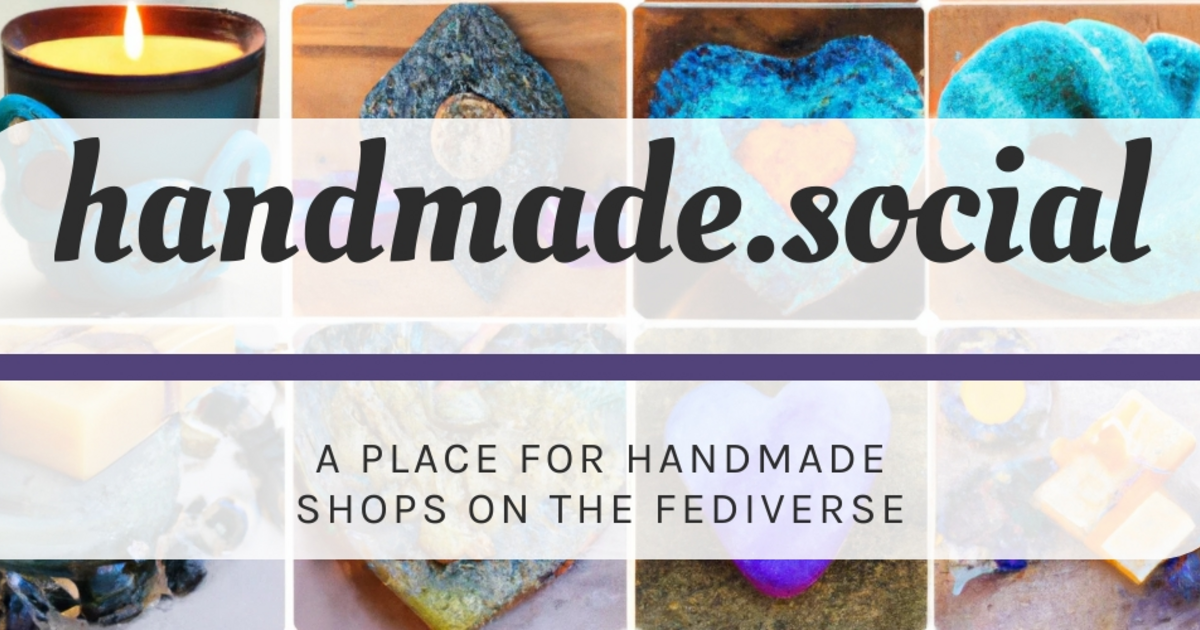Chuck Darwin<p>“I pray for an anointing. <br>Angels will go with them, <br>and they’ll expose the hidden works of darkness,” <br>Wallnau said. </p><p>“They’ll be led to discover whatever nefarious things are being done by the darkness.”</p><p>Wallnau did similar recruiting in Arizona, Pennsylvania and Wisconsin, <br>directing attendees to Lion of Judah. </p><p>The organization, which features Trump prominently on its website, offers a free course titled “Fight the Fraud,” <br>with modules detailing poll workers’ basic duties and helping people find their local elections offices so they can apply <br>as well as email templates to streamline the process. </p><p>It tells students that “election workers matter now more than ever” <br>because the “threat of election fraud is a serious concern” <br>and “what happened in 2020 can never happen again!”</p><p>At a Wallnau event outside Pittsburgh last month, <a href="https://c.im/tags/Greg" class="mention hashtag" rel="nofollow noopener noreferrer" target="_blank">#<span>Greg</span></a> <a href="https://c.im/tags/Pontinen" class="mention hashtag" rel="nofollow noopener noreferrer" target="_blank">#<span>Pontinen</span></a> of Murrysville, Pennsylvania, said he decided to register as a poll worker after speaking with an activist soliciting support for administering elections by hand-counting paper ballots.</p><p>“It just seems like there’s a lot of controversy, and there’s a lot of people that have been in a lot of anguish over the last election, <br>of improprieties and rigged elections,” he said. </p><p>“I think if you have oversight on that, you have less chance of that, and I think that’s a firsthand chance for me to actually watch for that.”</p>
Recent searches
No recent searches
Search options
Not available on handmade.social.
handmade.social is one of the many independent Mastodon servers you can use to participate in the fediverse.

handmade.social is for all handmade artisans to create accounts for their Etsy and other handmade business shops.
Administered by:
Server stats:
36active users
handmade.social: About · Profiles directory · Privacy policy
Mastodon: About · Get the app · Keyboard shortcuts · View source code · v4.3.7
#Greg
0 posts · 0 participants · 0 posts today
Chuck Darwin<p>Partisanship causes Republicans to justify anti-democratic behavior</p><p>The chart in this post is a little hard to parse, but it illustrates a crucial finding from one of the best recent papers on anti-democratic sentiment in America: <br>⭐️how decades of rising partisanship made an anti-democratic GOP possible.</p><p>The paper, from Yale’s Matthew Graham and Milan Svolik, uses a number of methods to examine the effect of partisanship on views of democracy. </p><p>This chart shows a particularly interesting one: <br>a “natural experiment” in Montana’s 2017 at-large House campaign, during which Republican candidate <a href="https://c.im/tags/Greg" class="mention hashtag" rel="nofollow noopener noreferrer" target="_blank">#<span>Greg</span></a> <a href="https://c.im/tags/Gianforte" class="mention hashtag" rel="nofollow noopener noreferrer" target="_blank">#<span>Gianforte</span></a> assaulted reporter Ben Jacobs during an attempted interview just before Election Day.</p><p>Because many voters cast their ballots by mail before the assault happened, Graham and Svolik could compare these to the in-person votes after the assault in order to measure how the news of Gianforte’s attack shifted voters’ behavior.</p><p>The blue lines represent precincts where Gianforte did worse on Election Day than in mail-in ballots; <br>the red lines represent the reverse. </p><p>What you see is a clear trend: <br>In Democratic-leaning and centrist precincts, Gianforte suffered a penalty. <br>But in general, the more right-leaning a precinct was, the less likely he was to suffer <br>— and the more likely he was to improve on his mail-in numbers.</p><p>For Svolik and Graham, this illustrates a broader point: </p><p>Extreme partisanship creates the conditions for democratic decline. </p><p>If you really care about your side wielding power, you’re more willing to overlook misbehavior in their attempts to win it. </p><p>They find evidence that this could apply to partisans of either major party <br>— but only one party nominates candidates like Trump and Gianforte <br>(who won not only the 2017 contest but also his reelection bid in 2018 and Montana’s gubernatorial election in 2020).</p>
Chuck Darwin<p>Leo’s status as the world’s third most powerful figure soon made him a rich man. </p><p>During his time at the Federalist Society, <br>he had hardly been a pauper, <br>bringing in around $400,000 a year. </p><p>But with six children attending The Heights and Oakcrest, the two Opus Dei schools that charged up to $30,000 tuition annually per student, <br>and a burgeoning taste for good food and expensive wines, <br>it didn’t take long to burn through his salary. </p><p>But his life had taken a lavish turn after Trump’s victory <br>and his appointment as an unpaid advisor to the president on judicial appointments. </p><p>The dramatic uptick in his personal fortune dovetailed with his joining a for-profit entity called "CRC Advisors", alongside another CIC board member <a href="https://c.im/tags/Greg" class="mention hashtag" rel="nofollow noopener noreferrer" target="_blank">#<span>Greg</span></a> <a href="https://c.im/tags/Mueller" class="mention hashtag" rel="nofollow noopener noreferrer" target="_blank">#<span>Mueller</span></a>. </p><p>Mueller had spearheaded the "National Organization for Marriage" vitriolic public relations strategy, <br>and <a href="https://c.im/tags/CRC" class="mention hashtag" rel="nofollow noopener noreferrer" target="_blank">#<span>CRC</span></a> quickly established itself as the go-to advisory firm for the dark-money network of nonprofit entities that Leo had helped set up over the years. </p><p>Once again, the Corkery name was all over the money flow. </p><p>The majority of CRC’s income came from "The 85 Fund", <br>a dark money non-profit that Leo repurposed to fund conservative causes nationwide, <br>and that fund paid $34 million in fees to his new advisory firm over a single two-year period. </p><p>As the money rolled in, Leo began to enjoy some of the same luxuries as the billionaires he had spent years courting. </p><p>For most of his three decades in Washington, Leo had led a modest home life, <br>living for years in a small apartment in the Randolph Towers complex in downtown Arlington, <br>before moving to a single-story five-bedroom family home in suburban McLean in 2010. </p><p>But in the years since 2016, he had spent millions of dollars on two new mansions in Maine, <br>bought four new cars, <br>and hired a wine buyer and locker at Morton’s, an upscale steakhouse three blocks from the Catholic Information Center. </p><p>It was only a foretaste of what was to come. </p><p>In 2020, Leo stepped back from his duties at the Federalist Society to focus on the <br>dark-money network he had fostered as a side hustle during his time there. </p><p>With him, he took one of the Federalist Society’s biggest donors: <br>a manufacturing billionaire from Chicago called <br><a href="https://c.im/tags/Barre" class="mention hashtag" rel="nofollow noopener noreferrer" target="_blank">#<span>Barre</span></a> <a href="https://c.im/tags/Seid" class="mention hashtag" rel="nofollow noopener noreferrer" target="_blank">#<span>Seid</span></a>, who was Jewish by heritage but who shared many of Leo’s conservative views. </p><p>Over two decades, Seid had pumped at least $775 million into campaigns for libertarian and conservative causes, <br>quietly transforming himself into one of the most important donors on the political right. </p><p>Almost ninety, Seid had decided to leave his money continuing that work <br>— and concluded that Leo was the man to oversee that largesse. </p><p>Leo had betrayed his bosses, who had tasked him with wooing the billionaire as a potential donor for the Federalist Society. </p><p>Instead, Leo had cultivated him for his own network. </p><p>Seid signed his business over to Leo, giving him control over a 🔥$1.6 billion war chest <br>and transforming him from a proxy for<br> dark-money donors into a donor himself.</p>
SearchLive feeds
Mastodon is the best way to keep up with what's happening.
Follow anyone across the fediverse and see it all in chronological order. No algorithms, ads, or clickbait in sight.
Create accountLoginDrag & drop to upload

